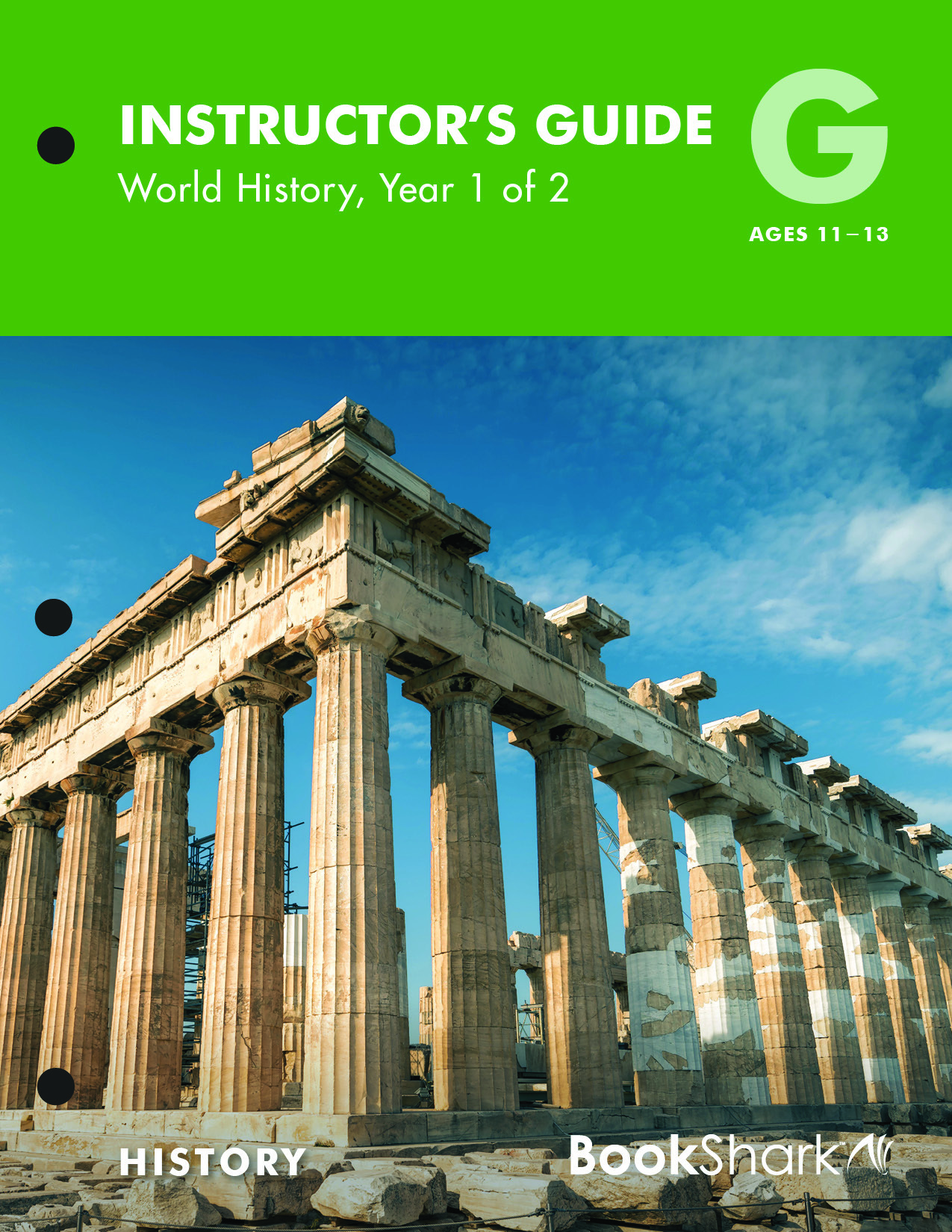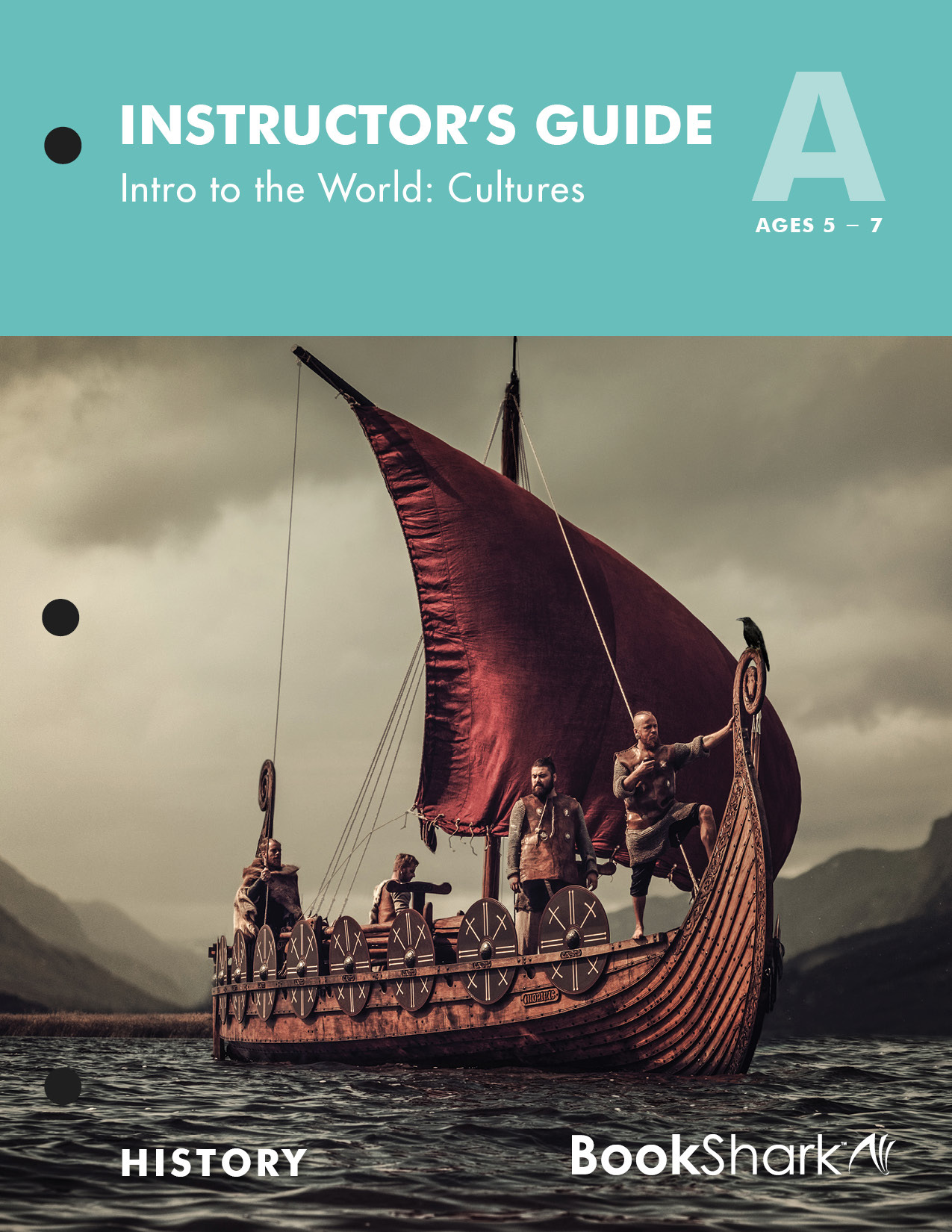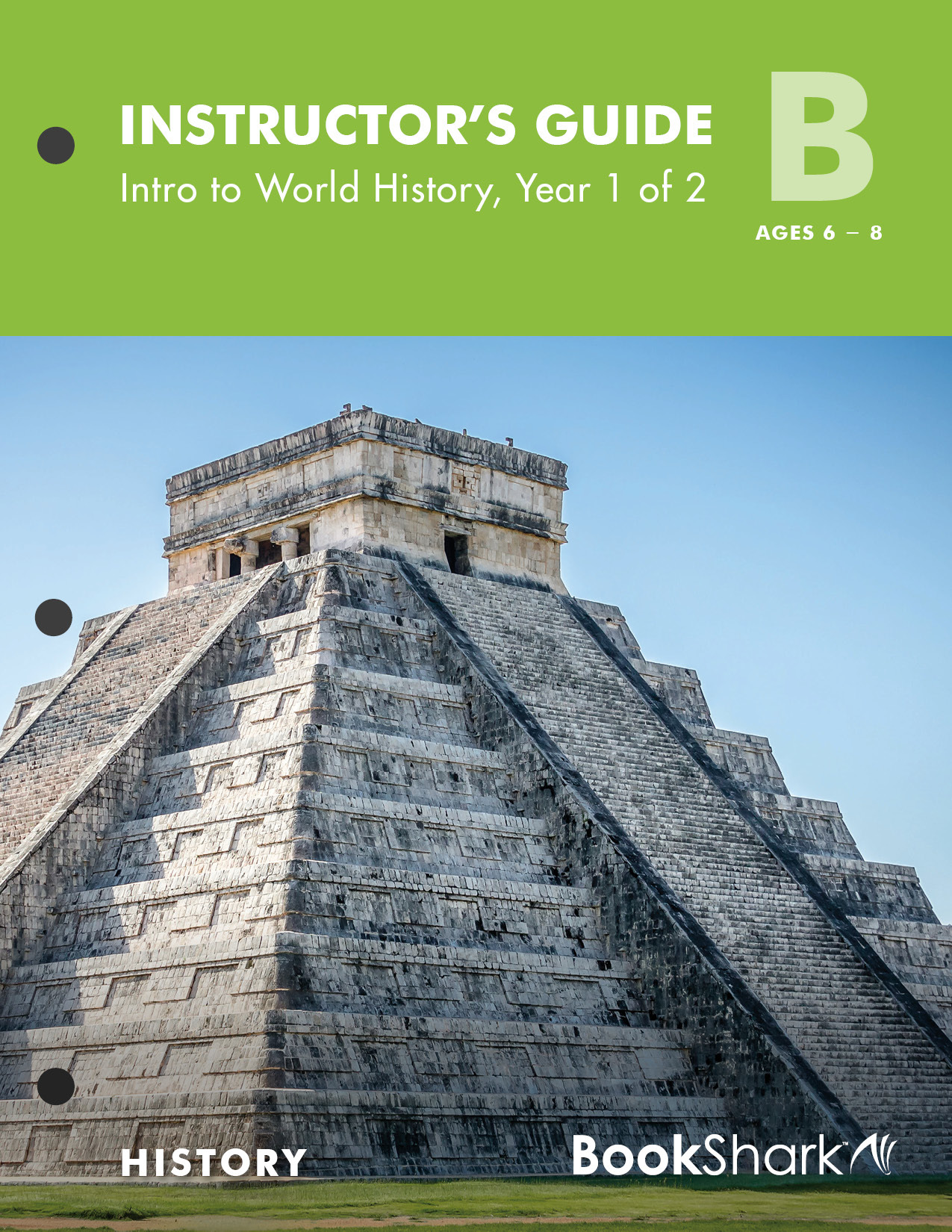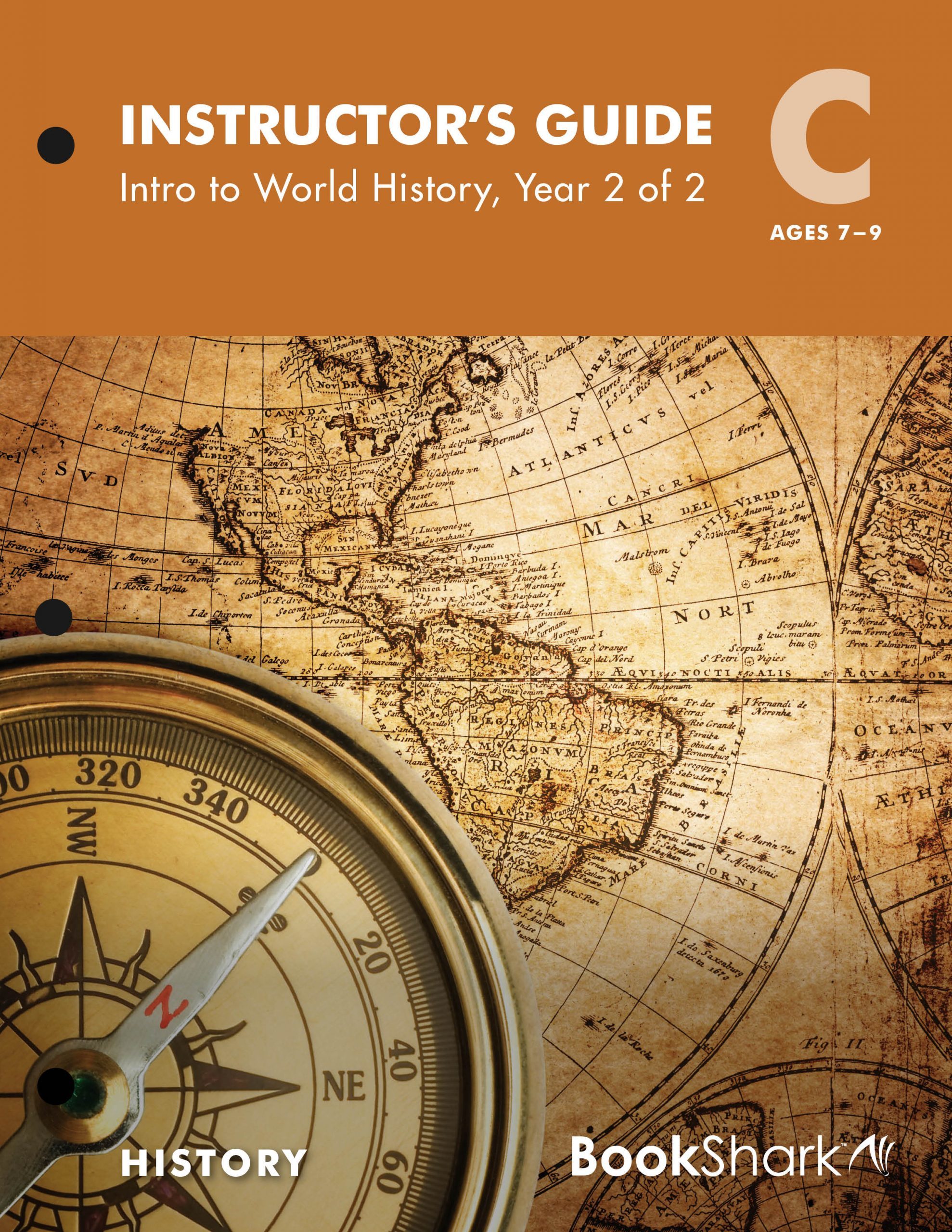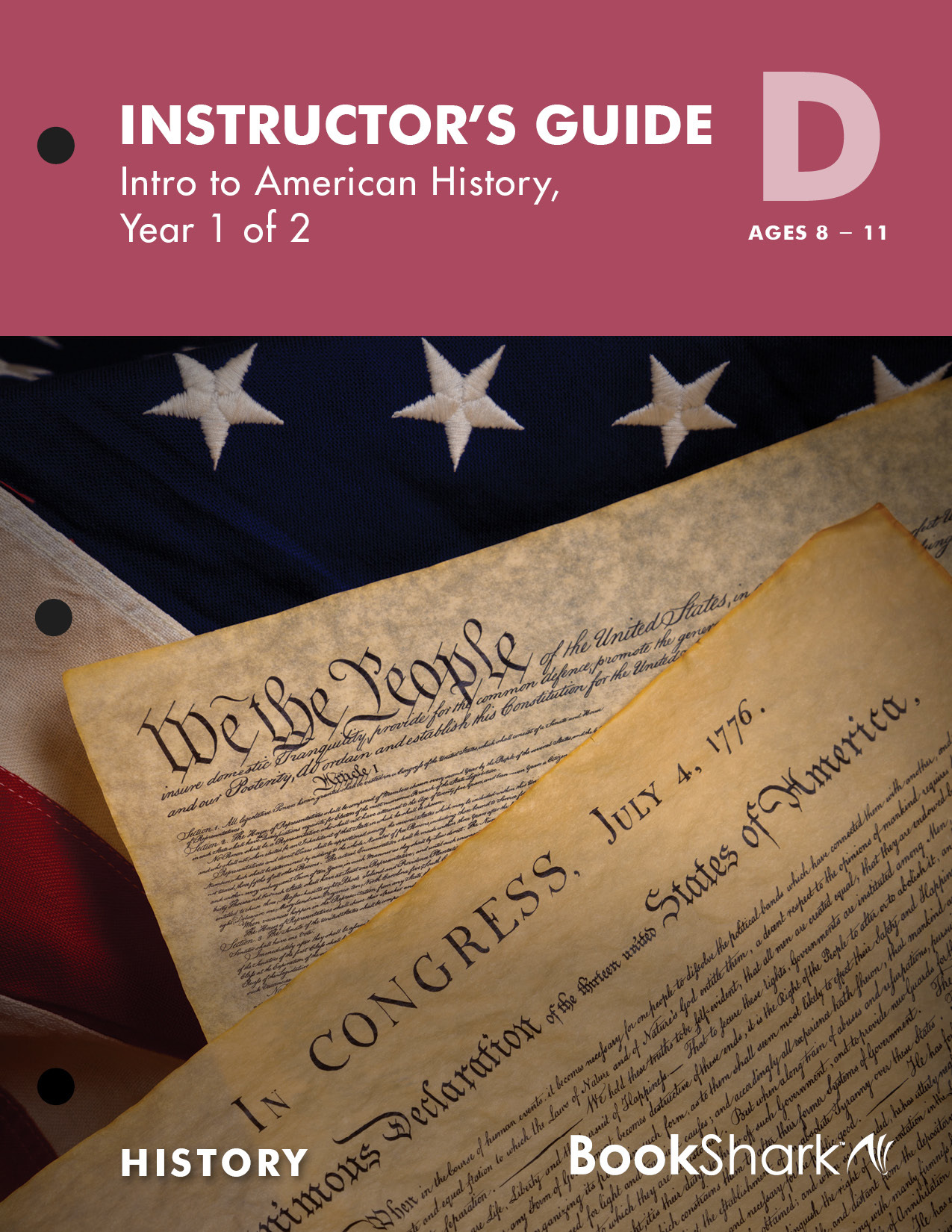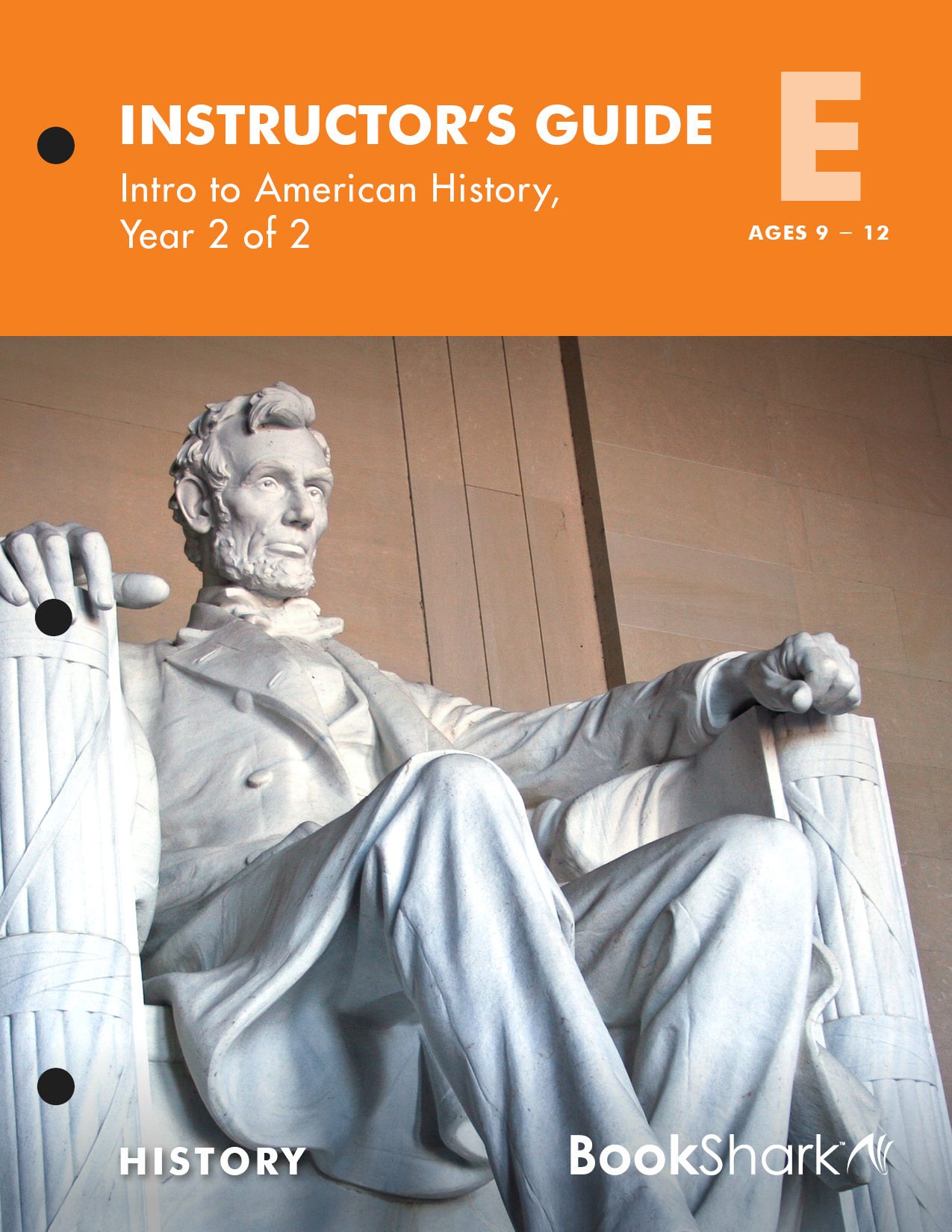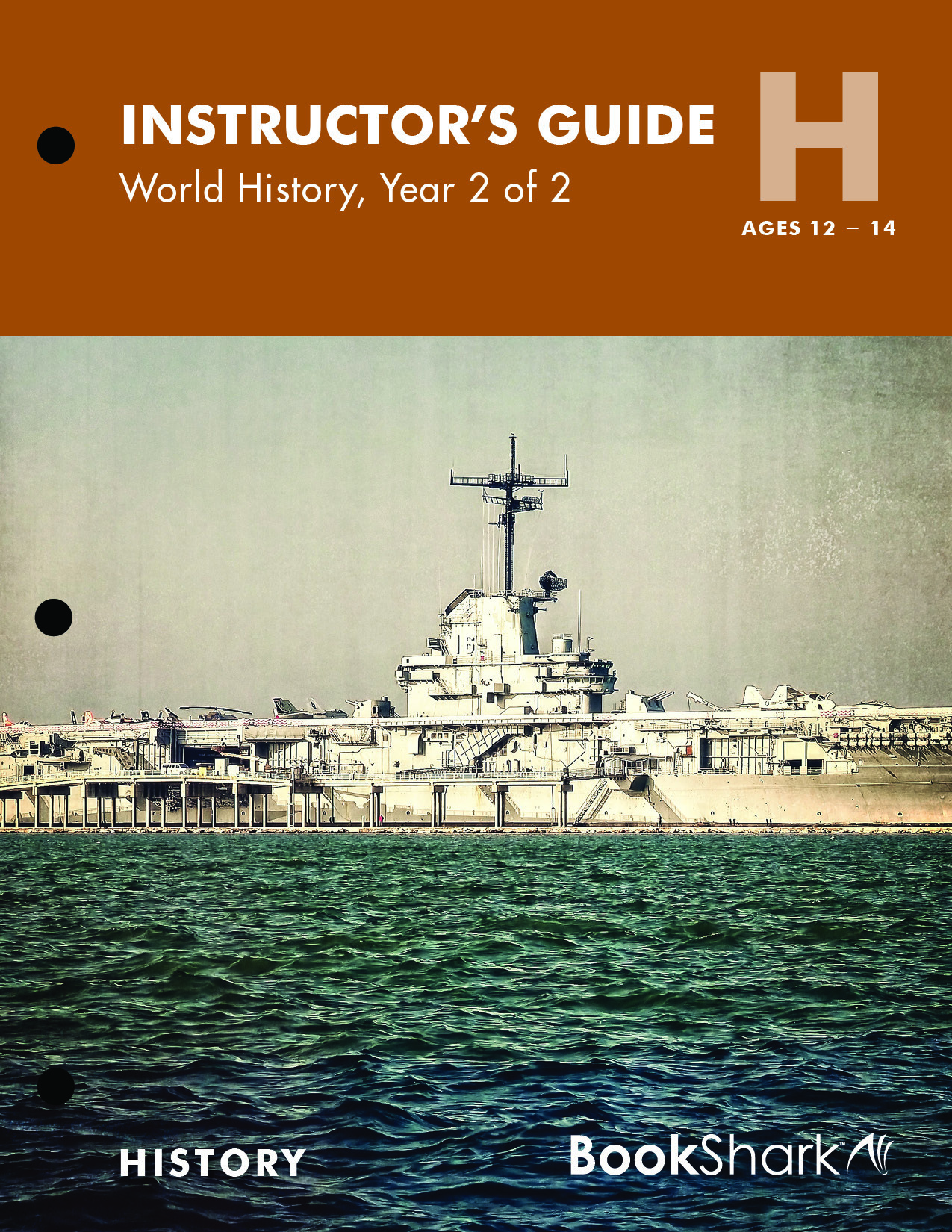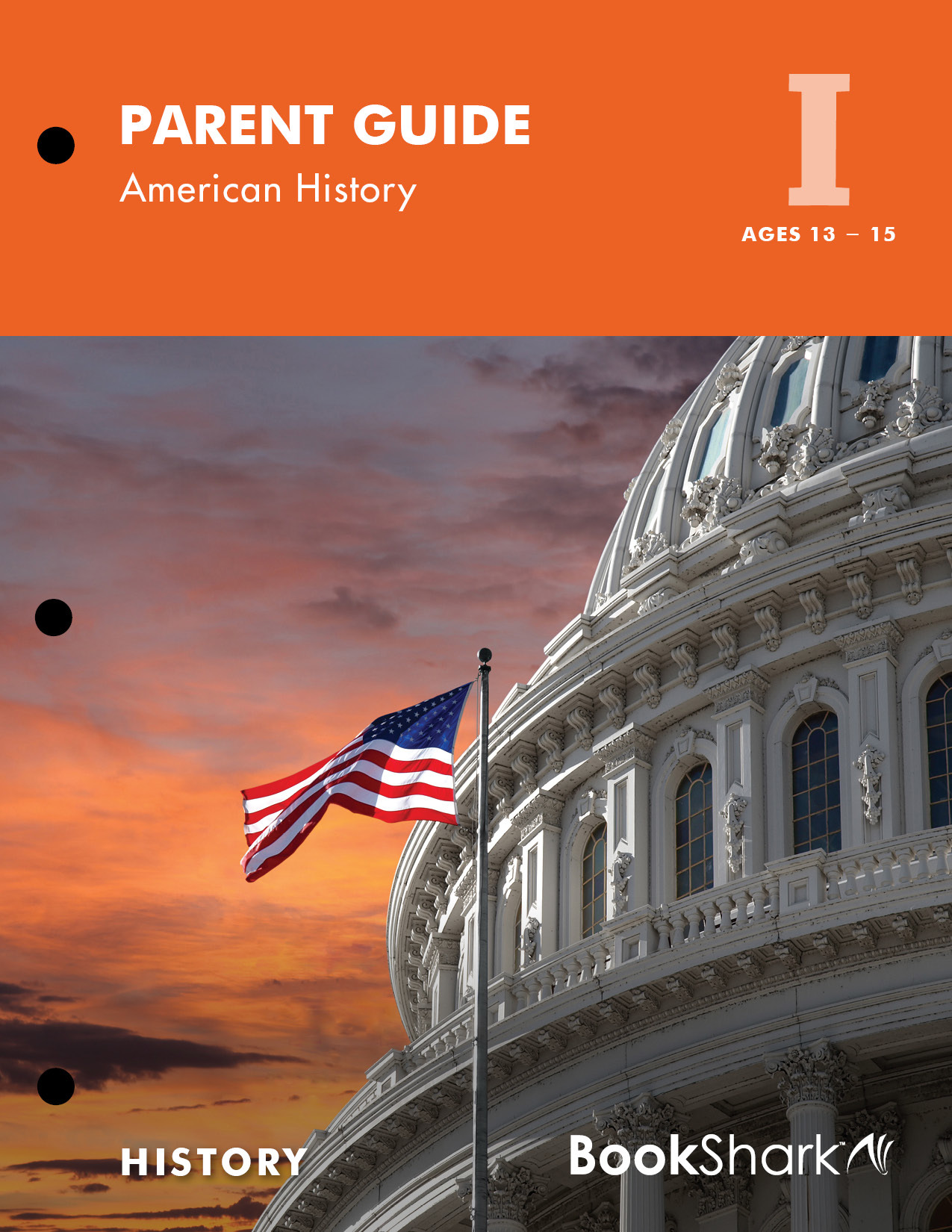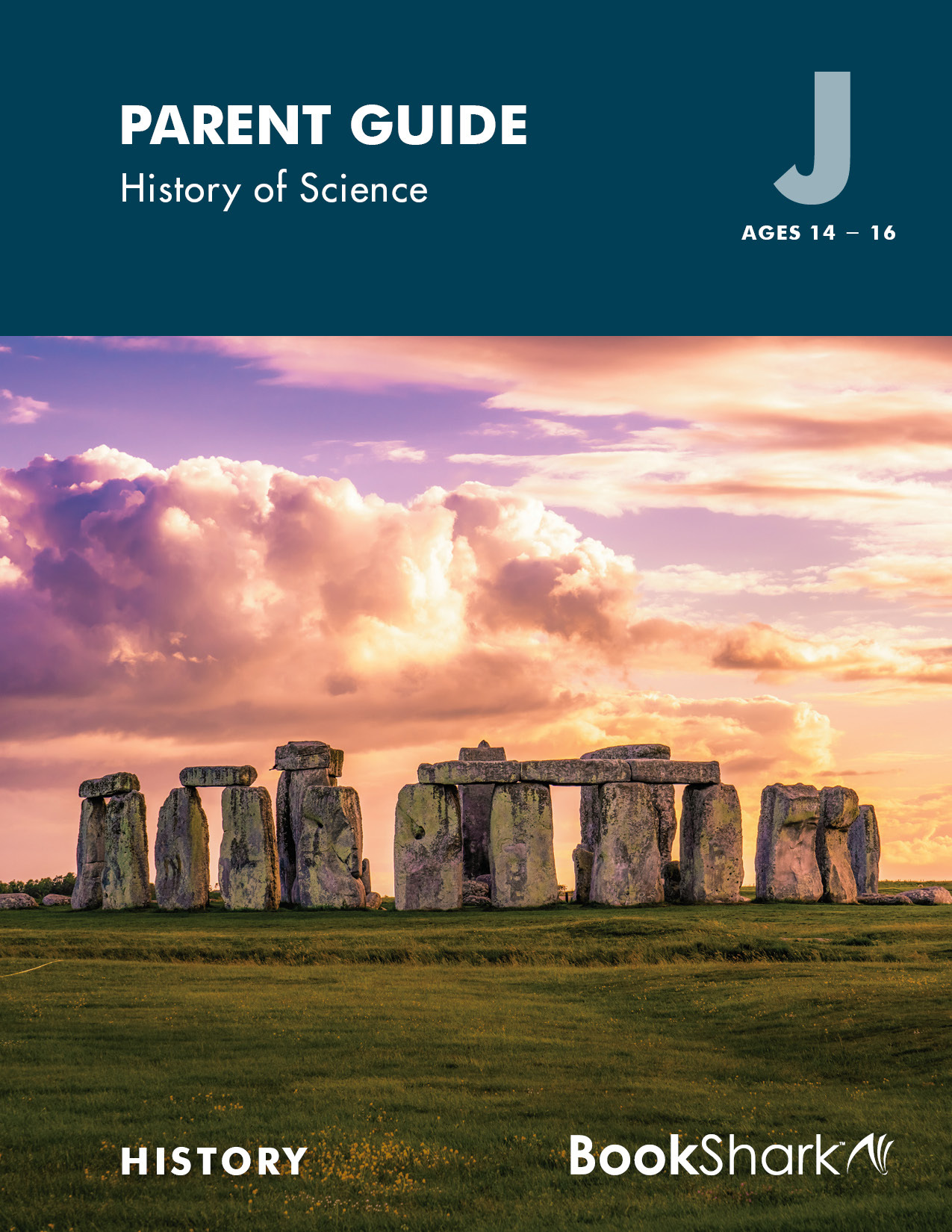
homeschooling the VORACIOUS learner
Gifted Homeschool Curriculum
My son rolled under the table in the back of the preschool room while his teacher read a book to the group, and I watched on in mild embarrassment. Why couldn’t he focus like the other kids? Why wasn’t he sitting and taking in the story as raptly as the others were?
He’s just a sponge, who takes in everything and internalizes things, making cognitive leaps so quickly.
As the teacher finished, I saw him creep back towards the carpet slowly, though he was still very wiggly, and stayed slightly set back from the others. She started asking questions—basic ones like, “What color is the hat the kid was wearing?” and “Why did he need to buy a new toy?” The children chimed in with simple answers.
My son crept still closer until he was in a position to join the conversation. He started by comparing the story to a television program his dad watched a few nights ago, and through that comparison, he applied the moral of the story to everyday life. The teacher looked at him knowingly. His mind didn't operate on the same plane as that of the other children.
He then went back under the table, squirming while he waited for his sweet teacher to tell the others what they needed to do in their center work. Afterwards, she came over to give him a very different task to complete.

What is Giftedness and Asynchronous Development?
According to The Columbus Group (1991), giftedness is asynchronous development in which advanced cognitive abilities and heightened intensity combine to create inner experiences and awareness that are qualitatively different from the norm. This asynchrony increases with higher intellectual capacity. The uniqueness of the gifted renders them particularly vulnerable and requires modifications in parenting, teaching, and counseling in order for them to develop optimally.
Asynchronous development is arguably the defining characteristic of the gifted. This means that their development is out of sync with their neurotypical peers. For my four year old in the anecdote above, it meant that he was listening intently to that picture book, making incredible leaps from the the story, and connecting, then applying those thoughts to a news story and to life. All while rolling around on the floor like a typical four year old boy—although at an inappropriate time.
Homeschooling the Gifted Child
While the mom in me cringed at the sight of my kiddo being the only one who looked like he wasn’t paying attention and focused on the behavior rather than the result, the gifted specialist in me had seen things like this so many times before.
In that preschool room observing gifted asynchrony from a parent’s perspective, I realized that I never fully understood all that the parents of the gifted, profoundly gifted, and twice-exceptional children with whom I’d worked with for decades had been trying to tell me. And, in retrospect, I wish I’d realized then how important homeschooling would be to this particular kiddo, and had chosen to keep him home from the start.
Gifted children thrive in a homeschool setting where they can be themselves—wiggly and fidgety or laser-focused on a self-selected topic. They thrive when their tasks can be customized for them, or when they can follow rabbit trails of interest to them with a gifted homeschool curriculum.
We didn’t homeschool our son from the beginning, and those few years of schooling were hard.
We didn’t homeschool our son from the beginning, and those few years of schooling were hard.
Finding and Modifying a Gifted Homeschool Curriculum
There are just so many layers to giftedness, and that definition from the Columbus Group is crucial for parents—especially homeschoolers—to keep in mind every time we go to choose a curriculum.
The uniqueness of the gifted renders them particularly vulnerable and requires modifications in parenting, teaching, and counseling in order for them to develop optimally.
The search for the perfect curriculum can feel overwhelming for the parent of a gifted child. It’s like the story of Goldilocks—too deep, not deep enough, too slow, too fast—it’s nearly impossible to find just right. And the truth is—there isn’t a just right curriculum for a gifted kiddo. (And if anyone tells you that they have developed a gifted homeschool curriculum, run away.)

image credit: syeda @thepreciousyears on Instagram
The search for the perfect curriculum can feel overwhelming for the parent of a gifted child. It’s like the story of Goldilocks—too deep, not deep enough, too slow, too fast—it’s nearly impossible to find just right. And the truth is—there isn’t a just right curriculum for a gifted kiddo. (And if anyone tells you that they have developed a gifted curriculum, run away.)
There are some programs that are better for gifted kids than others, but there is no be all, do all program that will fit every gifted kid there is. If you’ve heard me speak, or read anything else I’ve written, you’ll be sick of hearing this, but if you’ve met one gifted kid, you’ve met one gifted kid—only one.
Gifted kids are as different from each other as they are from the general population, and just like any special need, giftedness is going to require a fresh look at every curriculum you consider.
Using BookShark Literature-Based Curriculum with Gifted Students
BookShark is an amazing, literature-rich program that is all planned out for you and full of wonderful books of all genres. It boasts a four-day schedule, with a very detailed and easy-to-use teacher’s guide. It’s literally an open-and-go curriculum.
For most people.
Remember that asynchrony I mentioned above? That’s going to wreak havoc on any open and go curriculum you ever pull out. I’ll give you an example.
I am working through Reading with History Level G with three gifted children:
a five-year-old, profoundly gifted kiddo
an eight-year-old twice exceptional child
(gifted with other disabilities—in her case sensory processing disorder, anxiety, and dyslexia)
a ten-year-old, moderately gifted avid reader
Needless to say, I’ve adapted the program heavily just like I would with any program for my gifted learners.
My kids want to hear the stories. They don’t want to stop after a chapter, so we binge read and finish 2-3 of the Read-Alouds in a week if that works for us. There’s no shortage of retention. The conversations in the van while trekking to theater rehearsals and science programs are rich and deep. The books inspire deep thinking, and my kids love the mental challenge!
The most important thing to remember as you’re using a curriculum like BookShark with gifted learners is that you’ll have to make it your own. For example, we skip the current event reports assigned in the Instructor’s Guide. While the reasoning behind doing them is solid and important as explained in the guide, my kiddos don’t need to do reports on current events because they already eat, sleep, and breathe critical thinking and opinions. Goodness gracious… the opinions in a room full of gifted children can overwhelm, but lead to fascinating conversations.
We also don’t follow the four-day schedule as laid out in the Instructor’s Guide. For many gifted children, the idea of jumping from section to section (or subject to subject) is a drag once they get excited to learn about something. Instead, we take a more integrative approach.
I look at each book suggestion and the activities that go along with it, see how they tie into any geography or timeline activities, go over the discussion question all at once, and then we read. It may take us a day or two to finish a book, or several weeks, but we take it at the pace we deem best, making a new decision with each title and our engagement in that title. And, actually, for the very advanced reader, a parent may not even ask any of the discussion questions while the book is being read. '
I let my ten year old read as quickly as she wants to—and sometimes that includes several books in one day—and then we might chat about some of the questions in the guide once she’s completed the entire book and wants to move onto the next one.
The truth is that an Instructor’s Guide is just that—a guide. Parents of gifted children need to read through the guide to see the scope and sequence of a curriculum and what will be taught, but then the Instructor’s Guide serves as your springboard for devising a pace that works for you.
The most important thing to remember as you’re using a curriculum like BookShark with gifted learners is that you’ll have to make it your own.


Choosing a BookShark Program for a Gifted Child
When I consult with parents of gifted children, one of the most common questions I’m asked is how to choose the perfect content or level for them. Parents of differently-wired children want to know if they should follow the age suggestions, even knowing they’ll feel skewed in some ways due to their kids’ asynchrony, or if they should eschew age levels altogether and just go for what their kids are interested in.
Here’s the thing… there is no right answer when it comes to gifted children. My response to parents is that I always default to following a gifted child’s interests because then I know that he or she will be engaged. If your gifted child is excited about the content, then it’s easy to adapt it up or down as needed. That being said, because I know how quickly a motivated gifted child will plow through material he or she is interested in if it’s below his or her instructional level, I suggest looking at older grade levels first.
For us, it was an easy choice. My youngest three needed a history curriculum that would keep them engaged in good books. We opted for BookShark's Level G: World History 1 for ages 11-13. Most families thinking about choosing a curriculum for their five, eight, and ten year olds to do together would opt to find a program more in the middle of the age groups and adjust it up for the older kiddo as needed. But, as mom of gifted kids and as a gifted consultant, I know that it is much easier to adapt programs down to my bright kids.
So we chose a little older than our range, based on the world history subject matter we’d been looking for, and read aloud together—or the ten year old cruises ahead, reading at her advanced pace and checking in as she wants new material. My bright five and eight year olds may take a little longer than their sister to get through the content (though probably still less time than the Instructor’s Guide suggests) as they aren’t reading as proficiently as she is, but they appreciate the wider breadth and the depth of this program and are engaging in more advanced conversations than typical peers.
Above all, when choosing which BookShark program to use, think about your kids. They should be your litmus test when choosing anything for your homeschool. What works best for them? The age and grade guides and the scope and sequences are all suggestions. You know your gifted child best. Trust yourself.

How Book-based Homeschool Curriculum Works for Gifted Learners
For a gaggle of gifted kids—or just one, for that matter—a book-based curriculum like BookShark allows them to push forward at their own pace, reading as much as they desire, sometimes finishing several weeks worth of content in a single week. It also allows for them to go deep when they find a topic they’re interested in and fall down a rabbit hole or two by pulling in more books, diving into writing or project suggestions, or just talking endlessly about their latest discovery.
In our case, the five and eight year olds will probably revisit this program and its books on their own in a few years when they’re reading independently. By then, they’ll breeze through two years in one because they’ll have the prior knowledge from which to draw.
The ten year old will probably be done with all the books and poems within a few months and will beg for the second year world history program so she can keep reading. For her, a child whose learning comes from what she reads rather than what she does or watches, she and I will talk about, journal, and debate the talking points that are in the teacher’s manual or the ones she comes up with on her own.
But for all three of my gifted children, the biographies, history books, and novels in the curriculum bleed into their play, into the stories they write, into the conversations they have with one another, and into the museum trips they want to take.
A program like BookShark, with its fiction, nonfiction, poetry, discussions, and Instructor’s Guide is a perfect spine for a gifted homeschool family because it allows for the depth and breadth, rabbit trails, and adaptation that an asynchronous gifted child needs most.
And that wiggly, squirmy four year old in the library is now a thriving high schooler who often comes along with me when I speak to parents of gifted and twice-exceptional parents who are dipping their toes into the adventures that homeschooling brings. He’ll tell anyone that flexibility and outside-of-the-curricular-box-thinking is what one needs most to make it as a homeschooling gifted child.
A program like BookShark, with its fiction, nonfiction, poetry, discussions, and Instructor’s Guide is a perfect spine for a gifted homeschool family because it allows for the depth and breadth, rabbit trails, and adaptation that an asynchronous gifted child needs most.

Colleen Kessler
M.Ed. Gifted Studies
Colleen Kessler is an explorer, tinkerer, educator, writer, creator, and a passionate advocate for the needs of gifted and twice-exceptional children. She has a B.S. in elementary education, a M.Ed. in gifted studies, is a sought-after national speaker and educational consultant, and is the founder of the popular blog and podcast Raising Lifelong Learners, as well as Raising Poppies, a community of support for parents of gifted children.
The author of more than a dozen books for teachers, parents, and kids, Colleen left teaching after more than a decade to write and speak about parenting, education, giftedness, and hands-on learning and play. Homeschooling is an adventure she hadn’t planned on, but she has embraced the opportunity to learn alongside her bright kids every day, and is inspiring other moms and dads to do the same.
Her most recent book titles include
- 100 Backyard Activities That Are the Coolest, Dirtiest, Creepy-Crawliest Ever! (Page Street Press/Macmillan)
- Super Smart Science: 180 Days of Warm-Ups and Challenging Activities (Prufrock Press)
- Real-Life Science Mysteries (Prufrock Press)
You can find more about her, upcoming projects, and where she’ll be speaking in the coming months at RaisingLifelongLearners.com and connect with her on Instagram and Facebook.
Choose Your History Program
Levels instead of Grades
BookShark is ...
literature-based
4-day
faith-neutral
structured curriculum for flexible families.
Like you!
Need Help Choosing a BookShark Program
for Your Gifted Learner?
Email bold@bookshark.com or call 1-866-668-0179.
We are available Mon. - Thurs. 9:00am - 4:00pm MT and Friday 9:00am - 1:00pm MT.
© 2025 BookShark

